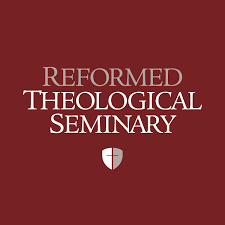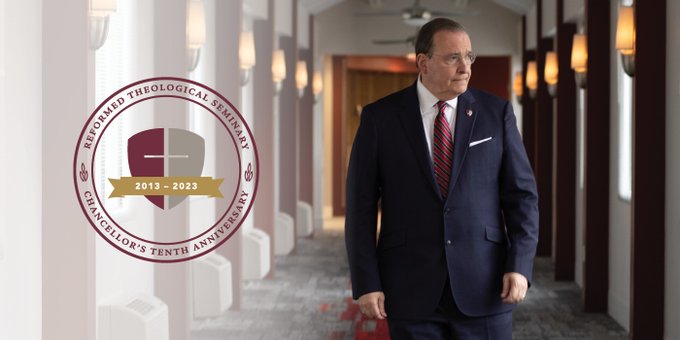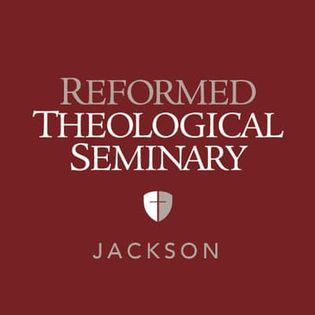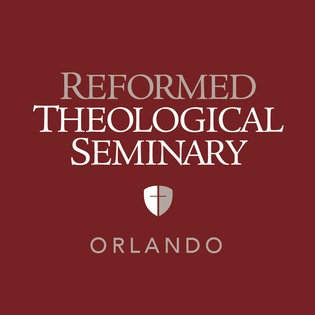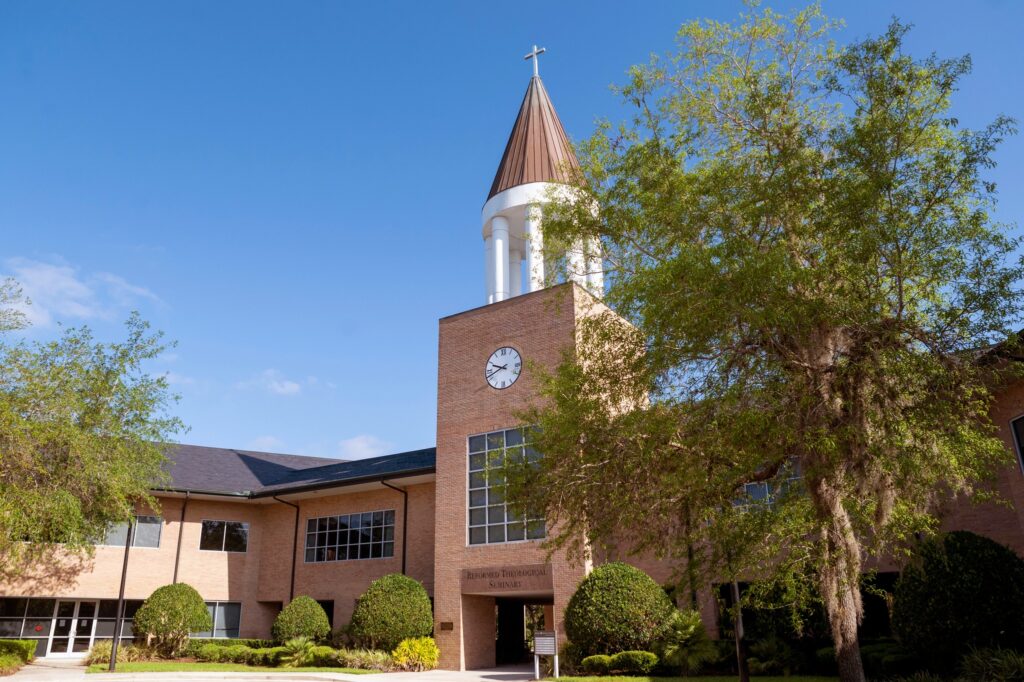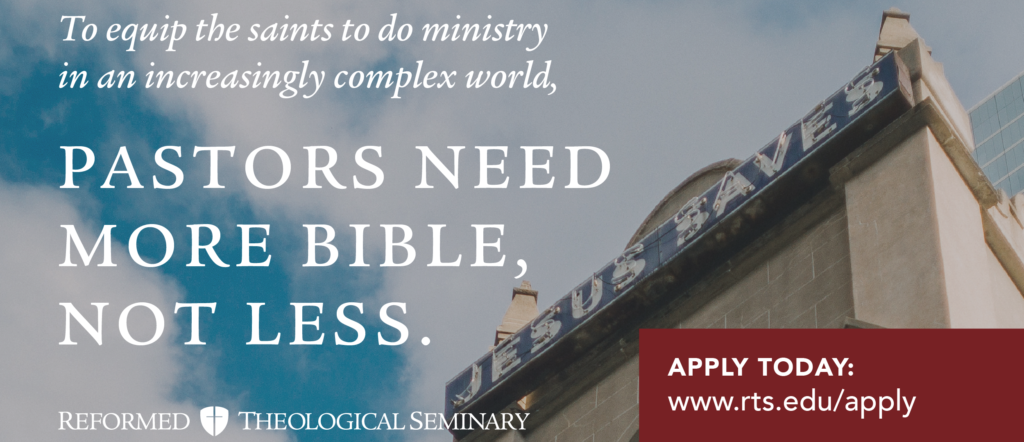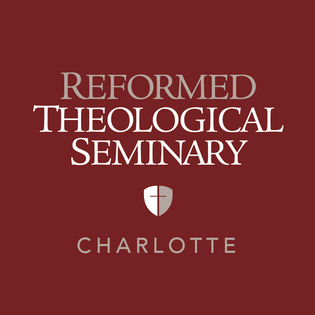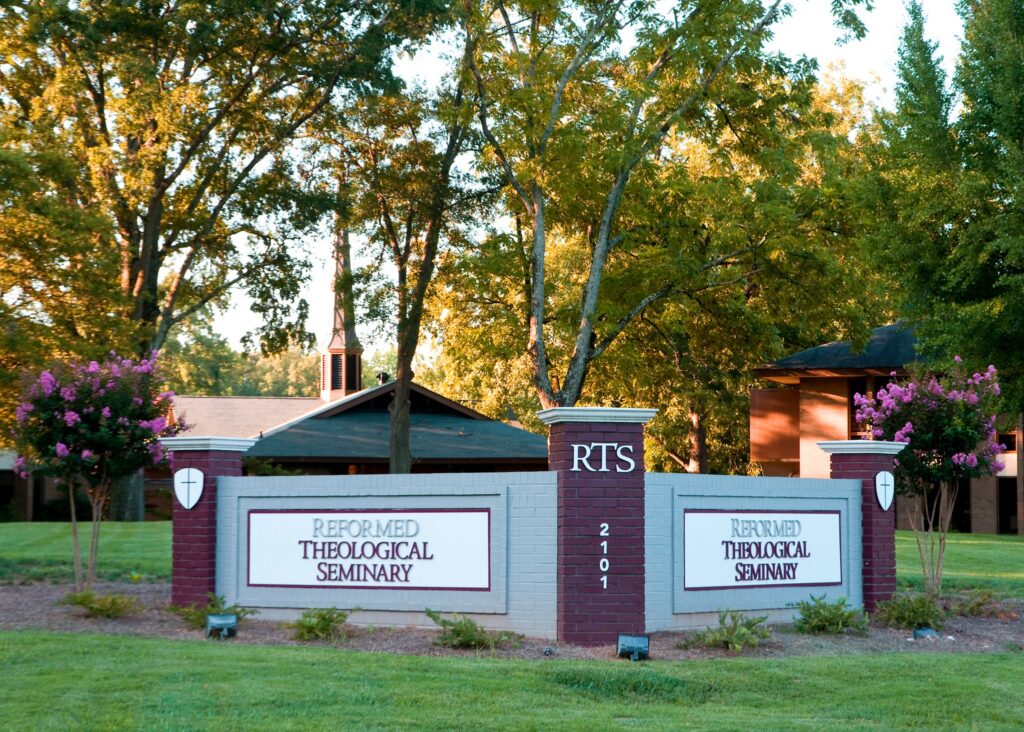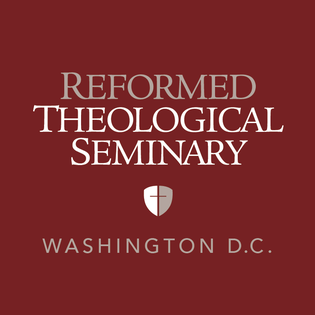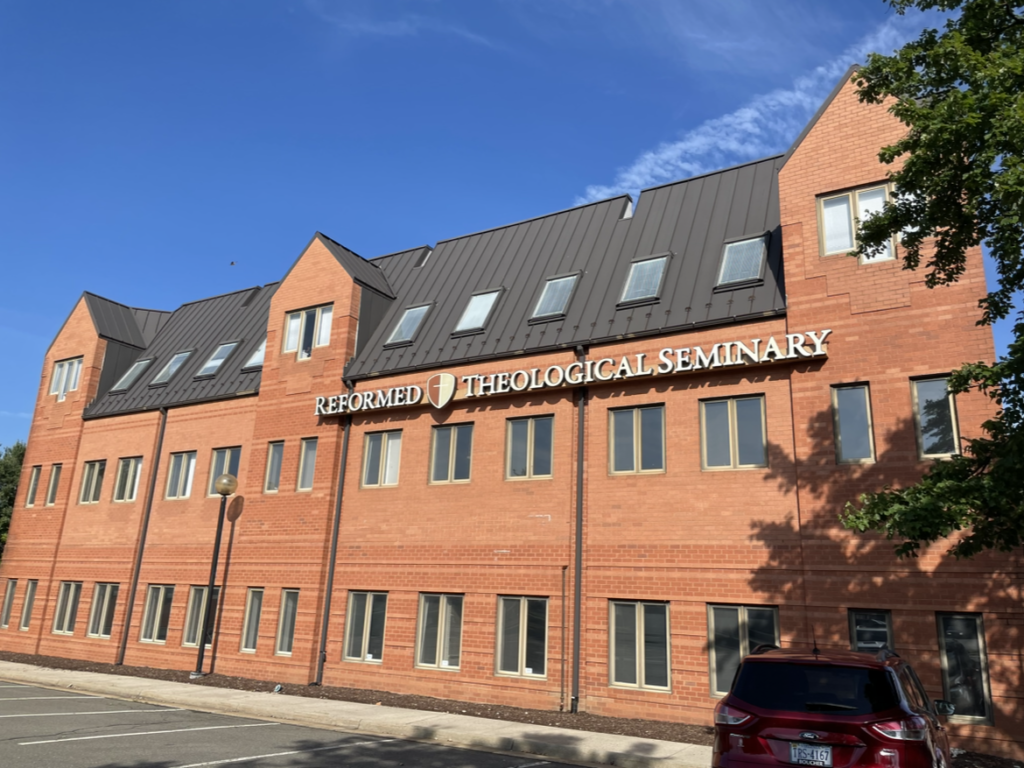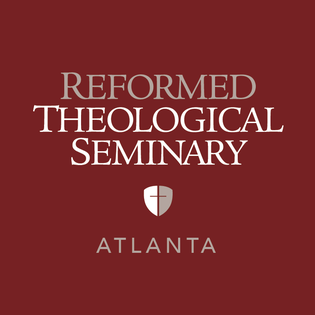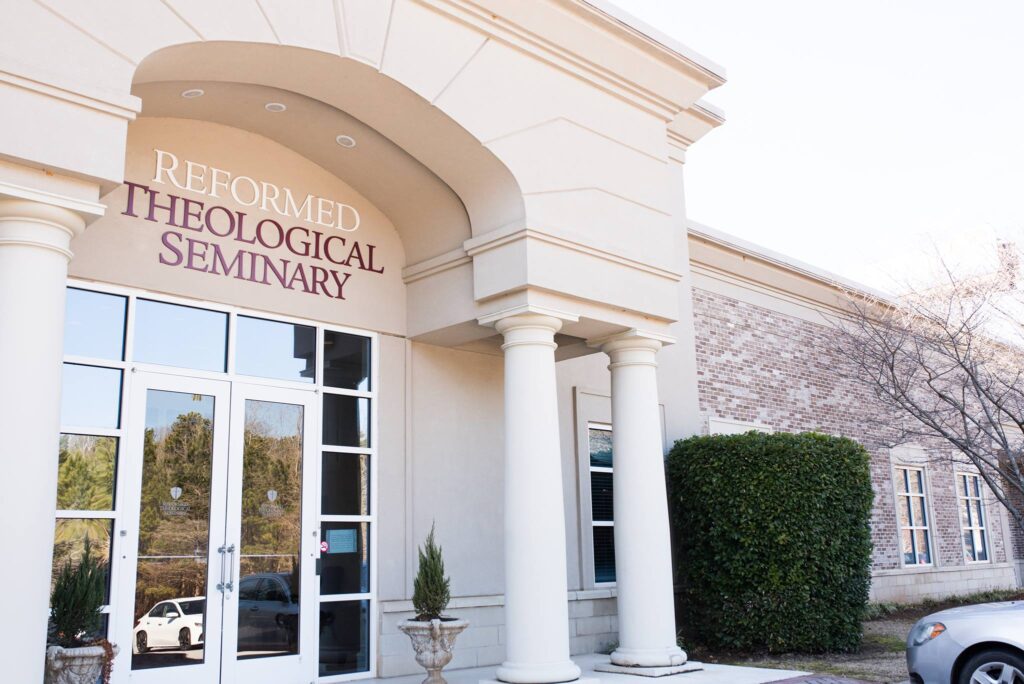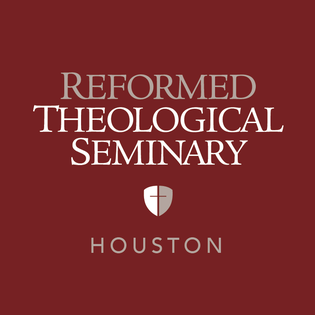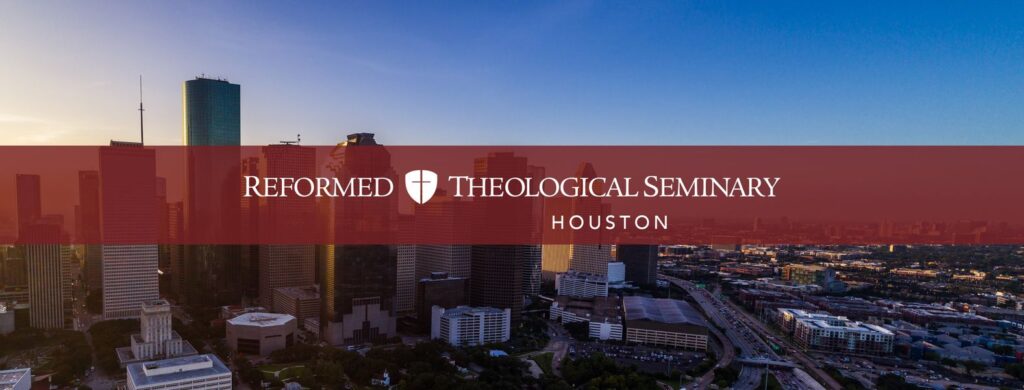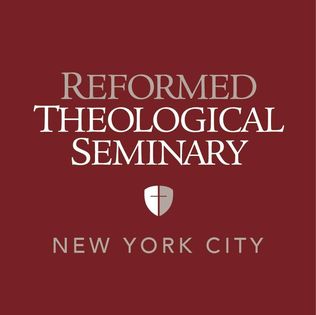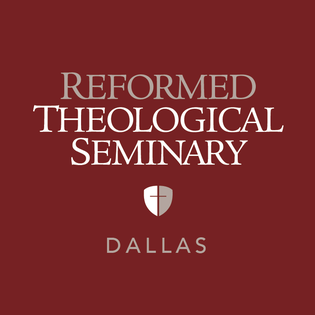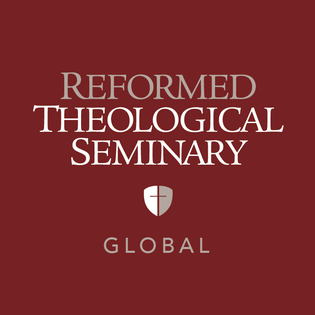 Some of you may have seen this important article over at The Gospel Coalition about the decline and relocation of Trinity Evangelical Divinity School (TEDS) by Collin Hansen, who is a graduate of the school. Reformed Theological Seminary has been friends with TEDS for many years. Over the years, a number of our faculty have done their studies there before coming to RTS, and a number of our graduates have gone on to do doctoral work there. We wish TEDS all the best in this new stage of their institutional life. The last twenty years have been tough for accredited graduate theological education…
Some of you may have seen this important article over at The Gospel Coalition about the decline and relocation of Trinity Evangelical Divinity School (TEDS) by Collin Hansen, who is a graduate of the school. Reformed Theological Seminary has been friends with TEDS for many years. Over the years, a number of our faculty have done their studies there before coming to RTS, and a number of our graduates have gone on to do doctoral work there. We wish TEDS all the best in this new stage of their institutional life. The last twenty years have been tough for accredited graduate theological education…RTS and the Current State of Theological Education
 Some of you may have seen this important article over at The Gospel Coalition about the decline and relocation of Trinity Evangelical Divinity School (TEDS) by Collin Hansen, who is a graduate of the school. Reformed Theological Seminary has been friends with TEDS for many years. Over the years, a number of our faculty have done their studies there before coming to RTS, and a number of our graduates have gone on to do doctoral work there. We wish TEDS all the best in this new stage of their institutional life. The last twenty years have been tough for accredited graduate theological education…
Some of you may have seen this important article over at The Gospel Coalition about the decline and relocation of Trinity Evangelical Divinity School (TEDS) by Collin Hansen, who is a graduate of the school. Reformed Theological Seminary has been friends with TEDS for many years. Over the years, a number of our faculty have done their studies there before coming to RTS, and a number of our graduates have gone on to do doctoral work there. We wish TEDS all the best in this new stage of their institutional life. The last twenty years have been tough for accredited graduate theological education…